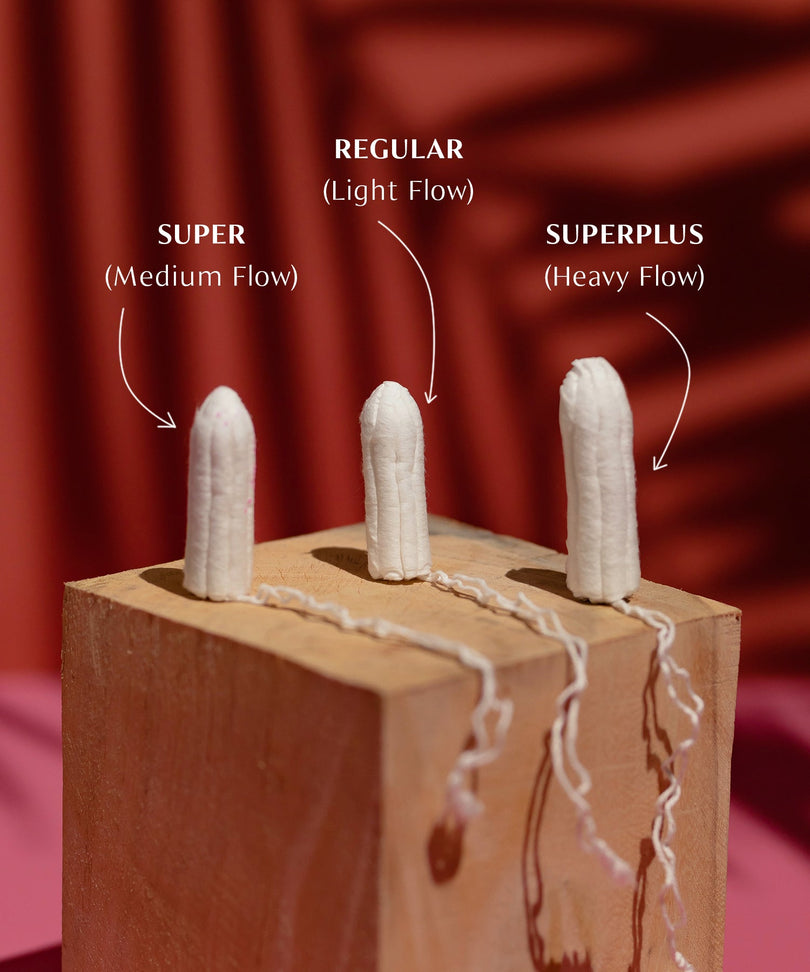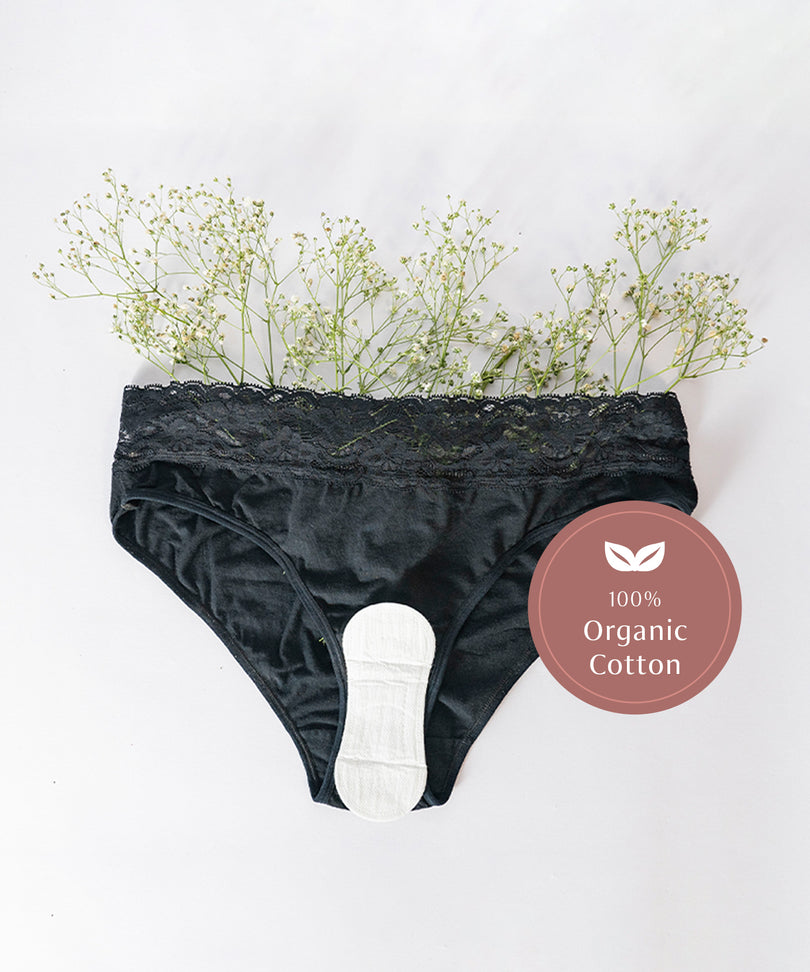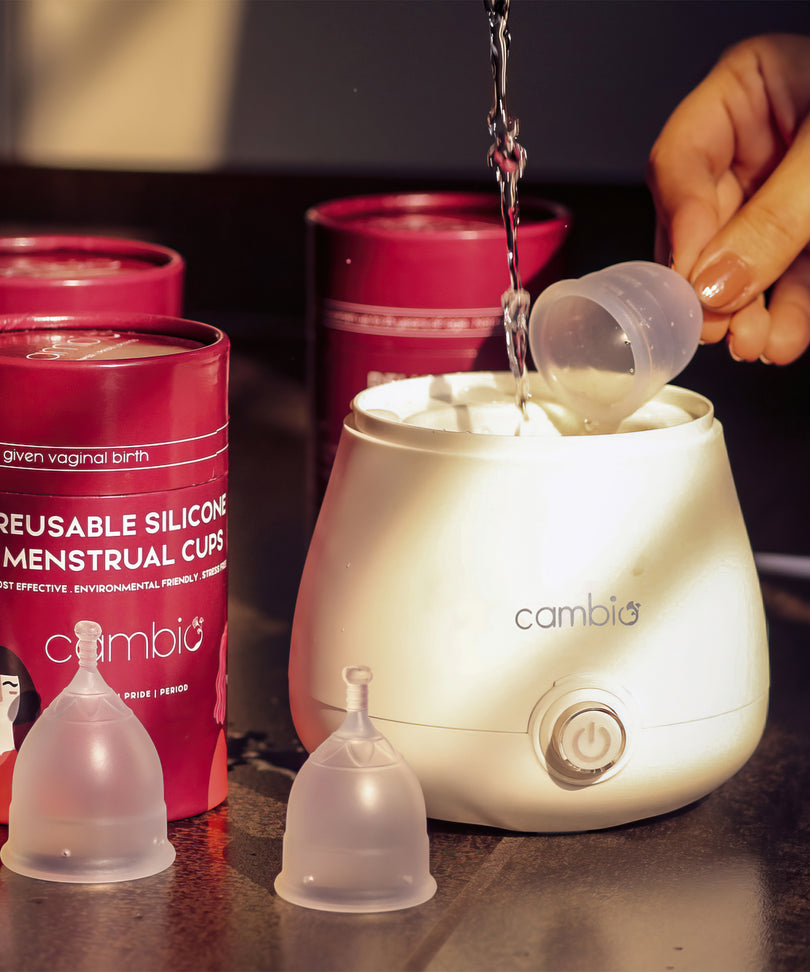Why do Tampons Expire?
An "expired" tampon doesn't instantly become a biohazard. It's more about optimal performance and safety. Tampons expire because they are made of absorbent materials like cotton or nylon, which can degrade over time, leading to decreased performance and potential health hazards.
Tampon absorbency can decrease as they age, which can lead to leakage and other issues. The risk of infection is also higher with expired tampons due to the increased risk of contamination. It's important to check the expiration date on your tampon package before use and replace them if they are expired or close to expiring.
Also read - Benefits of organic tampons for periods
How long do Tampons last?
Tampons generally maintain their effectiveness for three to five years. However, it's crucial to consider factors such as the materials used and the brand specifications, as these can influence the overall shelf life. Always check the packaging for an expiration date or any manufacturer recommendations to ensure the tampons remain safe and reliable for use. Remember, proper storage in a cool, dry place is essential to maintain their integrity over time.
Also read - Different tampon sizes
How to Store Tampons for Optimum Shelf-Life?
For optimum shelf-life, follow these practical tips to store tampons:
- Choose the Right Location:
- Store tampons in a dry, cool, and dark place. Ideal locations include cabinets, drawers, or lockers where they're shielded from moisture and light.
- Maintain Box Integrity:
- Keep the tampon box closed and upright to prevent potential damage from moisture and light. This ensures the tampons remain in their best condition until use.
- Avoid Bathroom Storage:
- Steer clear of storing tampons in bathroom drawers or cabinets near sinks or showers. Bathrooms, with their fluctuating humidity levels, can compromise the integrity of tampons.
- Regularly Check Expiration Dates:
- Periodically check the expiration date on the tampon box. Replace any expired tampons before opening a new box to guarantee freshness and effectiveness.
- Guard Against Moisture:
- Do not store tampons in damp or moist conditions. Excess moisture can create an environment conducive to bacterial growth, potentially compromising the safety of the tampons.
- Protect from Heat:
- If storing tampons in a warm environment, shield them from direct sunlight and opt for a shaded area. Exposure to excessive heat can affect the quality and integrity of the tampons.
- Wait to Open:
- Resist the temptation to open a tampon box until you're ready to use it. Keeping the box sealed reduces the risk of contamination and extends the overall shelf life of the tampons.
By following these storage guidelines, you'll ensure that your tampons remain in optimal condition, ready to provide the reliability and comfort you expect when you need them.
Also read - Tampons vs pads
What do I do if I find an expired Tampon in my Shelf?
Discovering an expired tampon in your stash is no cause for alarm. While using an expired tampon is not advisable, it doesn't pose an immediate health risk. Simply discard the expired one, reach for a fresh tampon, and take a moment to update your tampon supply. Ensuring you have a stock of unexpired tampons on hand will guarantee your comfort and safety during your menstrual cycle.
Can we use expired Tampons in Emergencies?
Depends. It's always best to avoid using expired tampons, even in emergencies. This is because expired tampons have a higher risk of contamination and can lead to health risks such as Toxic Shock Syndrome (TSS). TSS is a serious and potentially life-threatening condition caused by the use of contaminated tampons.
However, if you have no other options and need to use an expired tampon, it's important to take extra caution. Before using an expired tampon, carefully inspect it for any visible signs of damage, contamination, or moisture. If you notice any defects, do not use it.
Bonus Tip: Consider organic tampons! They often have shorter shelf lives due to natural materials but come with additional eco-friendly perks!
Read more









